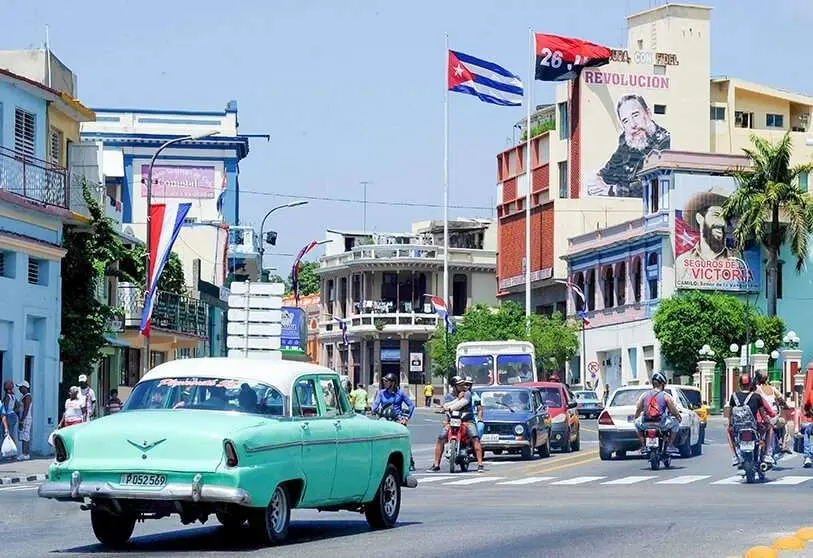Cuba to join a club that should not admit it as one of its members

The world will not easily forget this 2020. Neither will the UN. As the supranational organisation it is, it will not forget 2020 because of the threat that the coronavirus has posed to all the countries of the world; as parent organisation of the World Health Organisation, it will always remember COVID 19 because of the difficulties its eradication is posing and because of the criticism received for the erratic management that this body has made since January. All that remains is for the good António Guterres, the ninth secretary general of the United Nations, to end the fateful year with a scandal such as Cuba's membership of its Human Rights Council. The possibility is real, thanks to the grace of that cosmic bureaucracy and ancestral goodness that the institution represents and which is going to be ratified in the next few hours.
It is sad to point out these shortcomings in the organisation that has channelled the feelings of the people the most since its creation, and even more so in the week in which World Food Day is celebrated, created by the FAO 40 years ago to emphasise the need to ensure that food reaches all countries equally in order to eliminate or at least mitigate hunger in the world. But its good intentions do not give the UN carte blanche. Nor does it give a free hand to those who use it as a basis for their theories, such as that the United Nations represents "international legality" by having permanent members such as Russia and China on the Security Council. They will no doubt both be applauding Cuba's entry into the Human Rights Council today and its Communist dictatorship, which has lasted for over six decades and has left its inhabitants firmly anchored to the past century.
The UN Human Rights Council was established in March 2006 as "responsible for strengthening the promotion and protection of human rights around the globe and for addressing situations of human rights violations and make recommendations on them", according to the UN website. Like any good administrative spring mandated by the organisation, it has an Advisory Committee that delimits all the issues that affect human rights in the world, and which we assume will have had enough work during all these years in relation to the violation of human rights in the Caribbean island. The Council meets regularly in Geneva and is composed of almost fifty countries that are elected by the United Nations General Assembly. Asia and Africa have 13 representatives each, Latin America eight, and Western and Eastern Europe six each, according to a geographical distribution that seeks to be equitable. To accept a country's entry, most members of the Assembly vote directly and by secret ballot, and the terms of office are three years and cannot be extended after six. The UN presumes that "the contribution of candidate States to the promotion and protection of human rights, as well as their voluntary pledges and commitments thereto" are taken into account in electing members of the Council. Cuba's contribution and pledges in this regard are conspicuous by their absence.
It is already embarrassing that the Council is now welcoming the Bolivarian Republic of Venezuela, the Latin American country where opponents of the regime are most severely persecuted and punished with physical violence and imprisonment. A few weeks ago, a UN mission published a report describing crimes against humanity by a member of its own Human Rights Council. Now, however, there will also be Cuba, a member of the Council for four previous terms.
Cuba does not represent the democratic aspirations of the Latin American continent. Cuba is not committed to human rights, nor does it allow democracy to be established by legalising political parties, nor does it authorise free elections, and it systematically curtails freedom of association, assembly, press, expression and political participation. The Cuban regime, like the Venezuelan regime, detains persons who express their opposition to their respective governments, and keeps them deprived of their liberty for hours, days, months or years. Nor does it ratify international treaties on the defence of human rights, against torture or against discrimination against women. But it is a dictatorship that enjoys a very good image among the world's left-wing, which glorifies its alleged successes in public education and health care.
Cubans who may be informed of their country's membership of the UN Human Rights Council will feel the same as Basque citizens when they learn that the terrorist Josu Ternera will chair the Human Rights Commission of the Basque Parliament. As the classic Marx said, Cuba is joining a club that should not admit it as one of its members.

